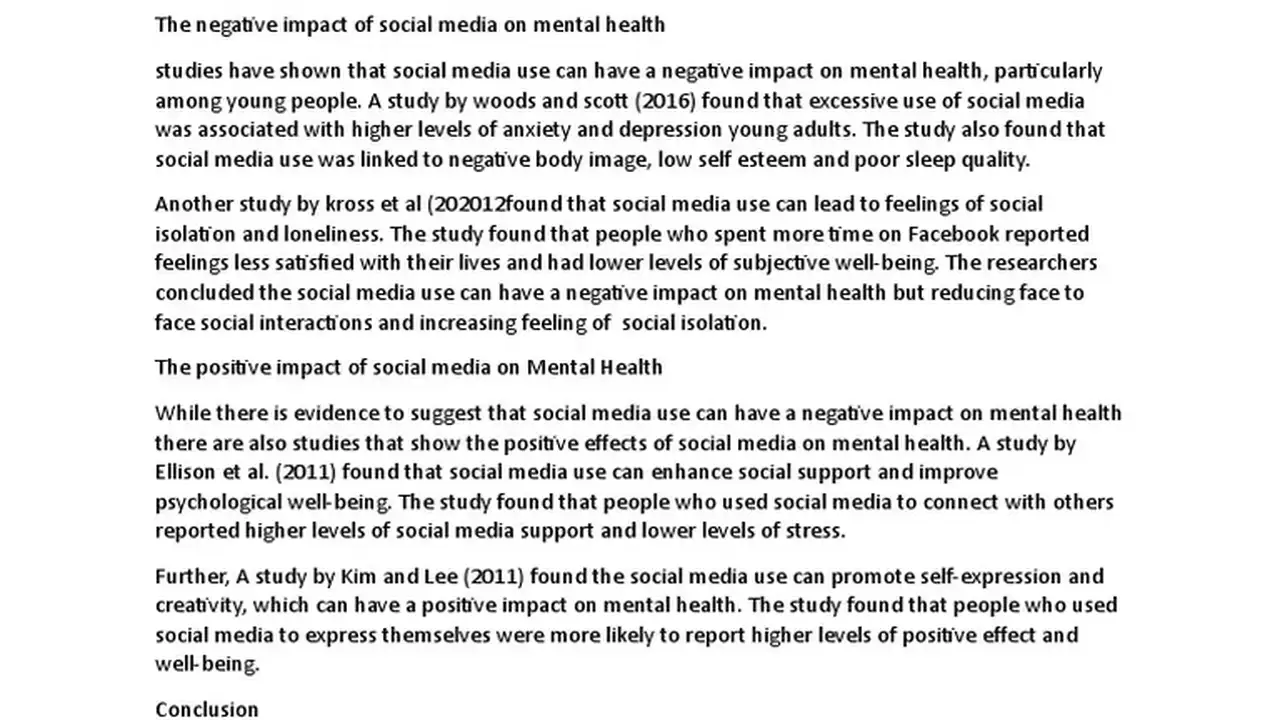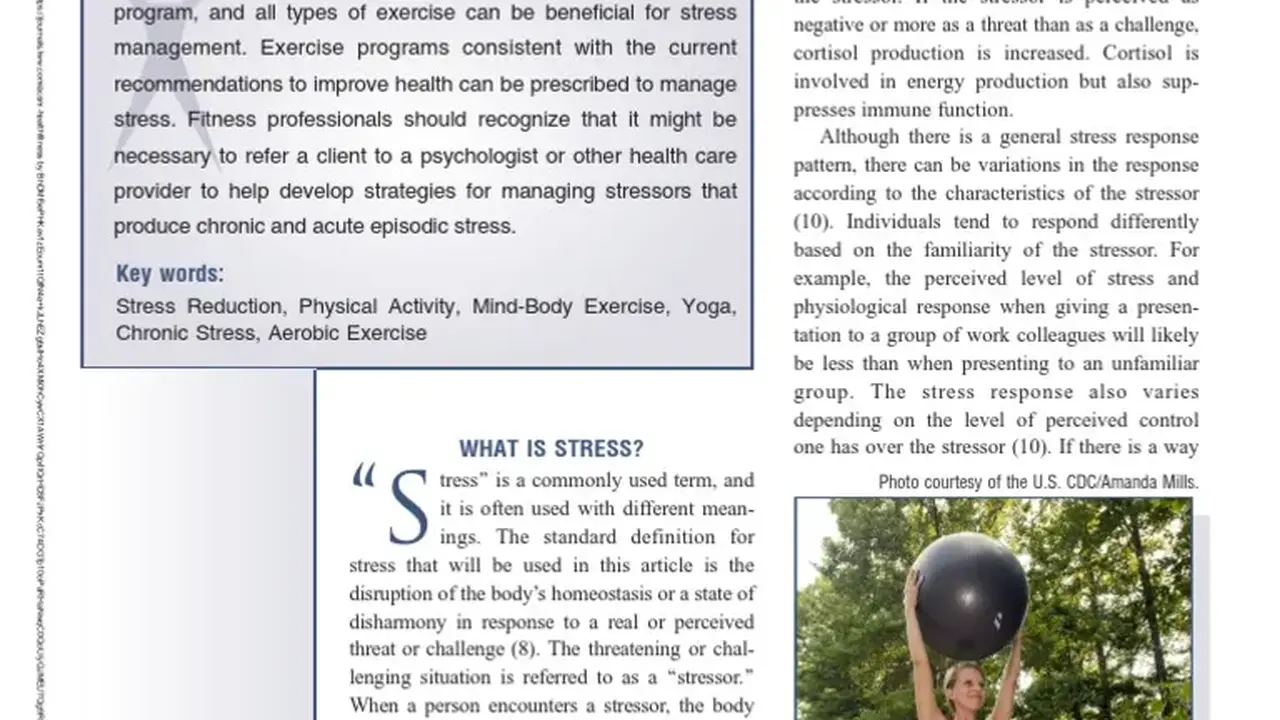The Impact of Social Media on Mental Health
Sample meta description.

Social Media and Mental Health Understanding the Connection
Hey everyone! Let's talk about something super relevant in today's world: social media and how it messes with our mental well-being. We're all glued to our phones, scrolling through Instagram, TikTok, Facebook, you name it. But have you ever stopped to think about how all that screen time is actually affecting your brain?
Social media, while connecting us with friends and family across the globe, can also be a breeding ground for anxiety, depression, and a whole host of other mental health issues. Let's dive into why...
The Comparison Game Social Media and Self-Esteem
One of the biggest culprits? The comparison game. We're constantly bombarded with images of seemingly perfect lives – the exotic vacations, the flawless faces, the enviable careers. It's easy to fall into the trap of comparing your own life to these carefully curated highlight reels.
Think about it: you see a friend posting about their amazing promotion at work, and suddenly you start questioning your own career path. Or you see influencers flaunting their toned bodies, and you instantly feel insecure about your own appearance. This constant comparison can seriously damage your self-esteem and leave you feeling inadequate.
FOMO The Fear of Missing Out and Social Media Anxiety
Then there's FOMO – the fear of missing out. Social media makes it seem like everyone else is having a much better time than you are. You see pictures of parties you weren't invited to, vacations you can't afford, and experiences you're not having. This can lead to feelings of anxiety and isolation, making you feel like you're constantly missing out on something.
Cyberbullying Online Harassment and Mental Wellbeing
Cyberbullying is another serious concern. The anonymity of the internet can embolden bullies to say and do things they would never do in person. Online harassment can have devastating effects on a person's mental health, leading to depression, anxiety, and even suicidal thoughts. It's crucial to remember that you're not alone, and there are resources available to help if you're experiencing cyberbullying.
Sleep Deprivation Screen Time and Mental Health Issues
And let's not forget about sleep! All that late-night scrolling can seriously disrupt your sleep patterns. The blue light emitted from our screens can interfere with the production of melatonin, a hormone that regulates sleep. Lack of sleep can exacerbate existing mental health issues and even contribute to new ones. So, put down your phone and get some shut-eye!
Social Media Detox Strategies for Mental Health Improvement
Okay, so what can we do about it? The good news is that there are ways to mitigate the negative effects of social media on our mental health. One option is to take a social media detox. This means taking a break from social media for a certain period of time, whether it's a day, a week, or even a month. Use that time to engage in activities that make you happy, like spending time with loved ones, exercising, or pursuing hobbies.
Mindful Social Media Usage Tips for a Healthier Mind
Another strategy is to be more mindful of your social media usage. Pay attention to how social media makes you feel. If you find yourself feeling anxious, depressed, or insecure after scrolling through your feed, it's time to unfollow or mute accounts that are triggering those feelings. Focus on following accounts that inspire you, make you laugh, or provide valuable information.
Setting Boundaries Time Management and Social Media Addiction
Setting boundaries is also key. Limit the amount of time you spend on social media each day. Use apps that track your screen time and set reminders to take breaks. Create social media-free zones in your home, like your bedroom, to help you disconnect and relax.
Specific Products for Mental Wellness Supported by Social Media Reduction
Here are a few products that can help you manage your social media usage and improve your mental well-being:
Freedom App Block Distracting Websites and Apps
Product: Freedom App
Use Case: This app allows you to block distracting websites and apps on all your devices. Struggling to stay focused while working from home? Set a schedule to block social media sites during work hours. Want to unwind before bed? Block them in the evening to promote better sleep.
Comparison: Compared to other blocking apps like Cold Turkey, Freedom offers a more user-friendly interface and cross-platform syncing. Cold Turkey is generally more robust and offers deeper customization, but Freedom is easier to set up and use quickly.
Price: Subscription based, starting around $6.99/month or $29.99/year.
Headspace Meditation and Mindfulness App
Product: Headspace
Use Case: Headspace is a meditation and mindfulness app that guides you through various meditation techniques. Use it to reduce anxiety, improve focus, and promote overall mental well-being. Great for starting your day with a clear mind, de-stressing after work, or falling asleep more easily.
Comparison: Calm is another popular meditation app. Headspace has a more structured, course-based approach, while Calm offers a wider variety of ambient sounds and sleep stories. Both are excellent, but Headspace might be better for beginners who want guided instruction.
Price: Subscription based, around $12.99/month or $69.99/year.
Light Phone Minimalist Phone for Digital Detox
Product: Light Phone II
Use Case: The Light Phone II is a minimalist phone designed to be used as little as possible. It only has essential features like calling, texting, and a simple navigation tool. It's perfect for digital detoxes or for people who want to reduce their reliance on smartphones. Use it on weekends, during vacations, or whenever you need a break from the digital world.
Comparison: Compared to a regular smartphone, the Light Phone II is obviously much less feature-rich. However, its simplicity is its strength. It's not about replacing your smartphone entirely, but rather about having a tool for intentional disconnection.
Price: Around $299.
Seeking Professional Help When Social Media Impacts Your Mental Health Severely
If you're struggling to manage the impact of social media on your mental health, don't hesitate to seek professional help. A therapist or counselor can provide you with tools and strategies to cope with anxiety, depression, and other mental health issues. Remember, you're not alone, and there's no shame in asking for help.
So, be mindful of your social media usage, set boundaries, and prioritize your mental well-being. Your mental health is worth it!
:max_bytes(150000):strip_icc()/277019-baked-pork-chops-with-cream-of-mushroom-soup-DDMFS-beauty-4x3-BG-7505-5762b731cf30447d9cbbbbbf387beafa.jpg)






